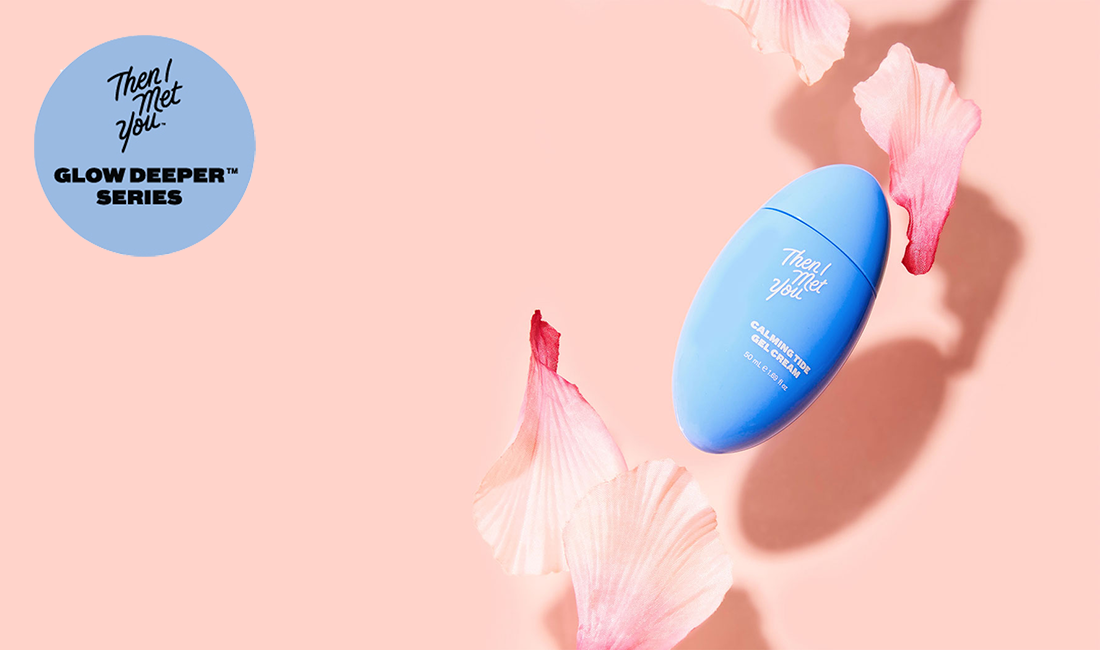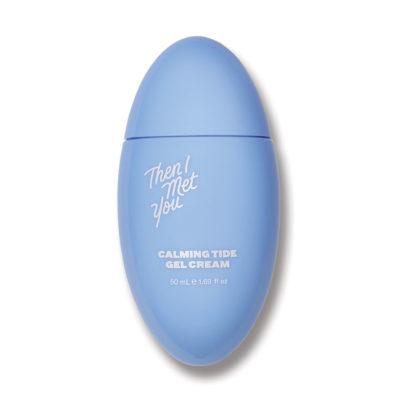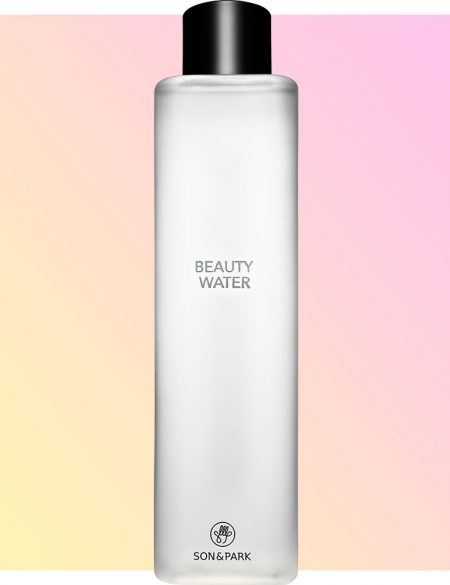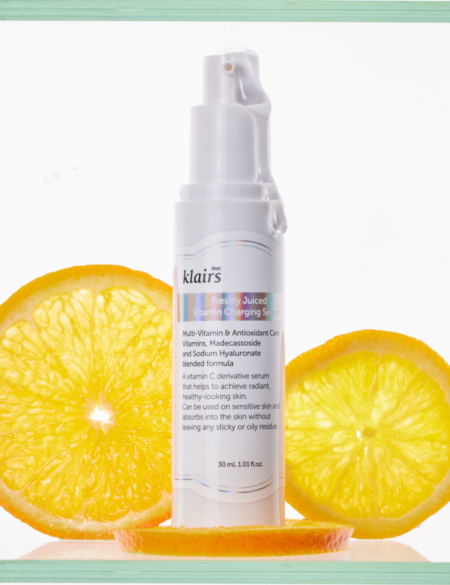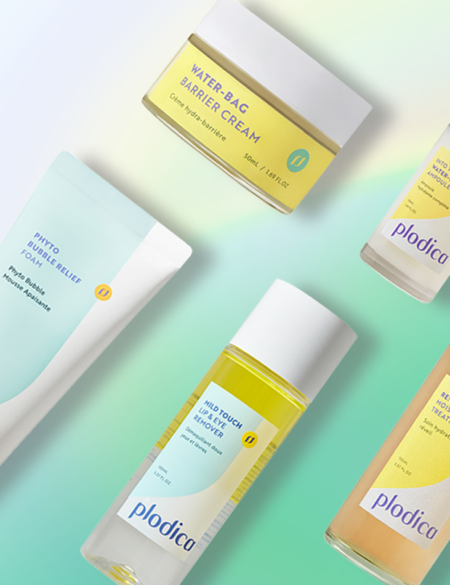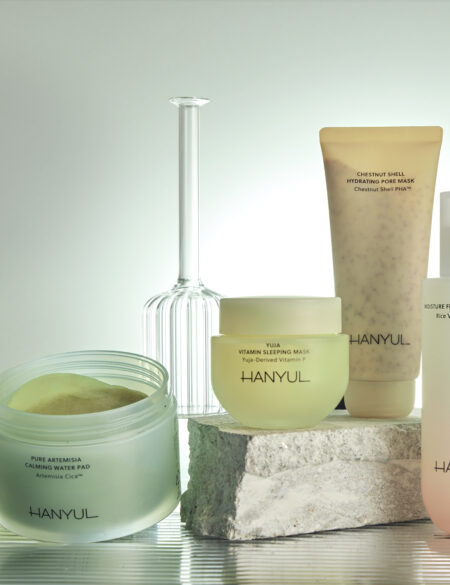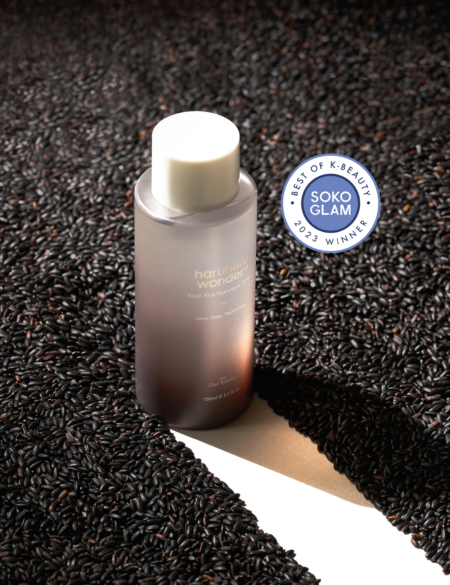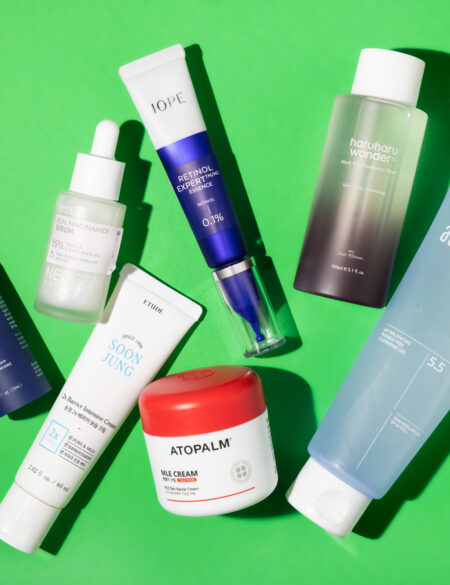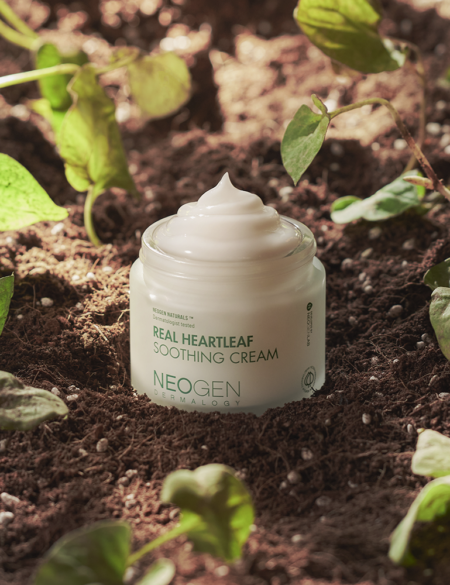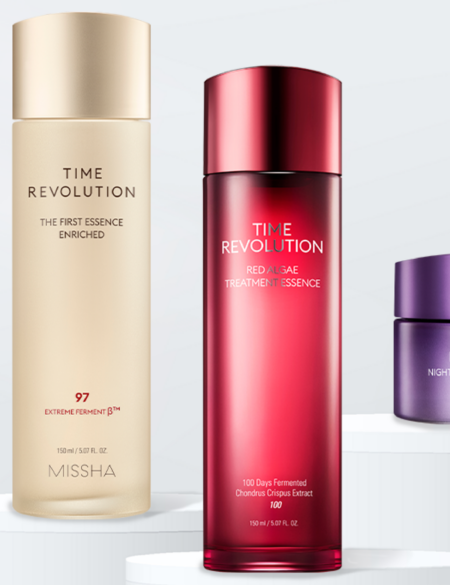We here at The Klog are always looking for products that can slow the aging process and repair skin damage. The formulation of the Calming Tide Gel Cream™ by Then I Met You addresses these skin concerns with its signature formula. Here, we dive deep into the benefits of antioxidants found in the hibiscus flower and the peptides in the Tri-Tide Complex™, the hero ingredients found in this light-as-air innovative gel cream.
Did you know that antioxidants and peptides go hand in hand when it comes to placating skin concerns like aging and skin damage? Read on to learn more about this powerhouse duo that is designed to minimize the appearance of these concerns.
RELATED: Glow Deeper™ Series: Charlotte Cho Makes Waves With New Light-As-Air Skin Care Innovation
What are Antioxidants?
You’ve probably heard the term “antioxidants” when referring to the benefits of eating certain fruits and vegetables. In fact, they’re also commonly used in skin care products and serve a variety of benefits to the skin when applied topically including preventing signs of aging as well as skin cancer.
“Antioxidants are found in many foods, including dark leafy green vegetables (such as kale), berries (such as blueberries, pomegranate), and raw nuts, i.e. many of the healthy, colorful foods found in a Mediterranean diet. In relationship to the skin, antioxidants are compounds that help to repair free radicals created mostly by sun (UV light) and environmental damage. In doing so, antioxidants help both prevent and repair the damage that leads to collagen degradation manifesting as fine lines, wrinkles, and harm to cells in the skin leading to increased photodamage pigmentation and skin cancer,” says dermatologist and Arbonne Scientific Advisor Dr. Naissan O. Wesley.
The Benefits of Antioxidants in the Hibiscus Flower
Although the antioxidants found in many plants aid in the prevention of free radical damage, one plant in particular, the hibiscus flower, has earned the title as “the anti-aging plant” amongst estheticians.
“The hibiscus plant is sometimes referred to as the ‘anti-aging plant’. Hibiscus is an antioxidant powerhouse. Antioxidants for the skin are the best way to fight free radical damage. Free radicals are unstable molecules that can cause damage to the skin through a process known as oxidation. The process of oxidation will increase signs of aging and inflammation in the skin. The high mucilage content in this plant also allows the skin to better store water, increasing hydration levels,” says esthetician Josie Holmes of Skinney Medspa.
Besides its abilities to combat free radical damage and to hydrate the skin, Holmes says this flower also serves as a gentle exfoliator to help lighten dark spots.
“The hibiscus plant contains gentle acids that will help to exfoliate and purify your skin. These gentle, natural acids will help to break down dead skin cells, increase cellular turnover, and balance oil production. Hibiscus is also full of vitamin C, an ingredient found in many skincare products to help combat signs of hyperpigmentation and sun damage,” she says.
Who Benefits from the Antioxidants of the Hibiscus Plant?
Everyone can benefit from them, but Elina Fedotova, celebrity esthetician and founder of Elina Organics Spas, says antioxidants serve different benefits amongst different age groups.
“People of all ages need antioxidants. For younger people, it is prevention and this will help heal the skin from sun exposure, and for people 40 and above, it is more about slowing down the aging process and restoring the tone and elasticity and texture of the skin,” says Fedotova.
Holmes agrees that everyone can benefit from the antioxidants in hibiscus flowers, but she says people who are experiencing signs of aging can benefit from these antioxidants the most.
“Some skin care experts compare the anti-aging benefits of the hibiscus plant to Botox! That being said, anyone with mild to moderate signs of aging would greatly profit from using products that include this magical flower. The hibiscus plant is known to slow down the production of elastase. Elastase is an enzyme found in our skin that breaks down elastin. Elastin is a key protein in the skin that helps to maintain elasticity, firmness, and shape. Elastin production can be increased by implementing products containing hibiscus,” she explains.
While the antioxidants of the hibiscus help to prevent skin damage from free radicals and increase cell turnover, the peptides in the Tri-Tide Complex™ help to repair damaged collagen and activate its production. In order to understand how this special formulation of peptides works, we explain what these chemical compounds are.
What Are Peptides?
If you’re not familiar with this popular skin care ingredient, “peptide” is a term that describes a type of protein.
“A peptide is a fragment of protein made from just several amino acids linked together,” Fedotova says. These peptides are the building blocks for many important elements of the skin and body, such as collagen, elastin, and keratin.
The Benefits of Peptides
Think of peptides as the skin’s signalers and repairmen, prompting when the skin should start producing collagen and where to fix disfigured collagen.
“They have the ability to penetrate through the skin barrier, deep into the live skin cells and signal your cells to regenerate collagen and other proteins. Skin cells communicate with each other by peptides and proteins. Natural peptides, whether applied topically, have the ability to restore damaged skin cells,” she explains.
Who Benefits From Peptides?
Anyone can benefit from peptides, though esthetician Airi Williams of Los Angeles-based facial spa, Skin Camp, advises that people with particular skin concerns, such as damaged skin, fine lines and wrinkles, and dark spots, would benefit most from peptide-based products.
“Someone with scarring, premature aging or mature skin could benefit from the use of peptides. It’s reparative as opposed to anti-aging. Typically, a more mature skin type should consider incorporating peptides into his or her regimen,” says Williams.
Fedotova says that people who are experiencing signs of aging as well as young people who are grappling with specific skin concerns would also benefit from peptides.
“Even young people can benefit from peptides if they have unwanted brown spots as a result of over sun exposure, or have problem complexions resulting in acne scars. Peptides have the ability to speed up the healing and restoring process of their skin. For people with mature complexions, peptides should definitely be one of the most important ingredients in their every day skin care routine because they will help to firm, hydrate, and rejuvenate the skin,” she says.
+Have you ever tried peptides? Let us know below!


